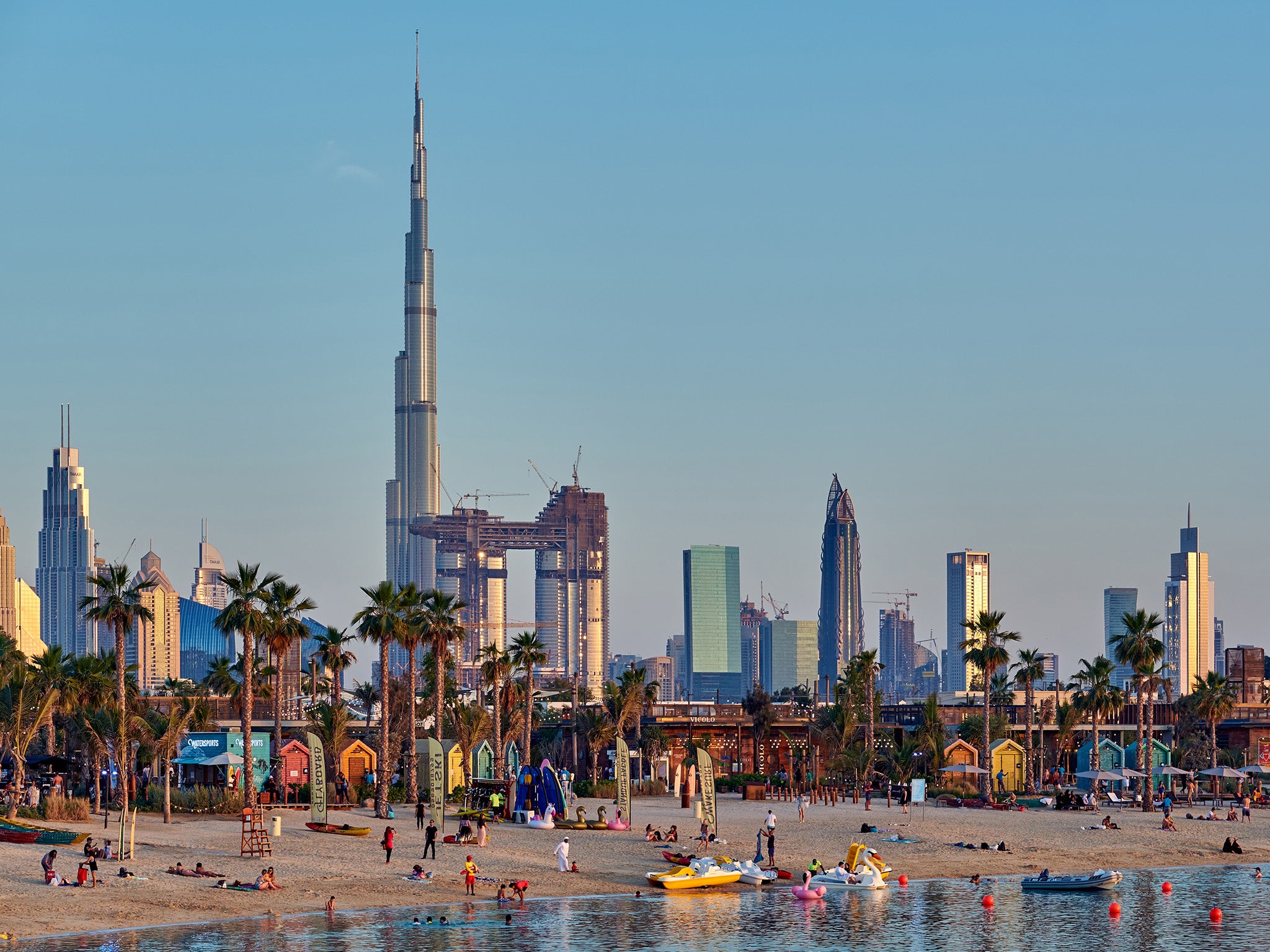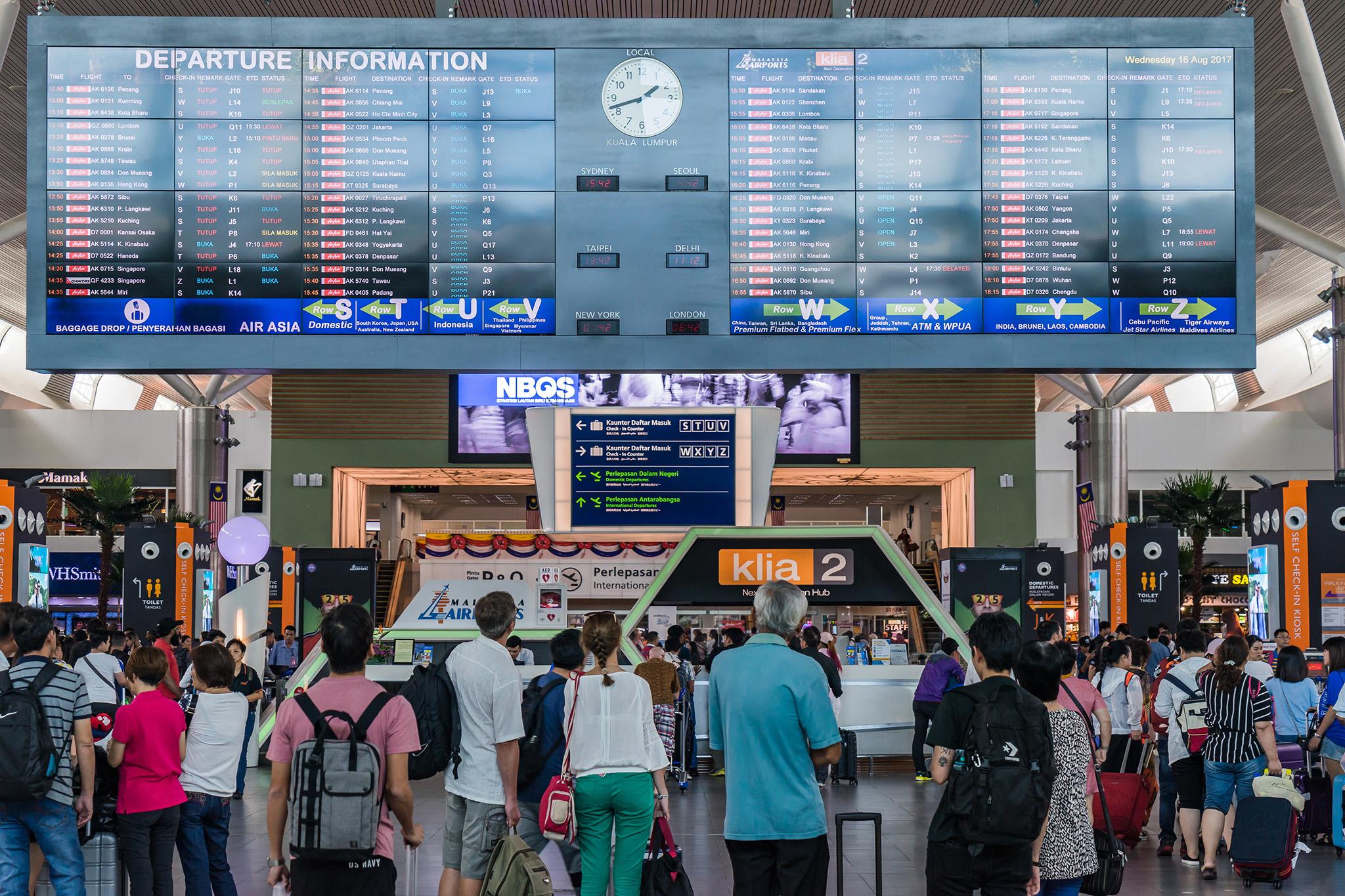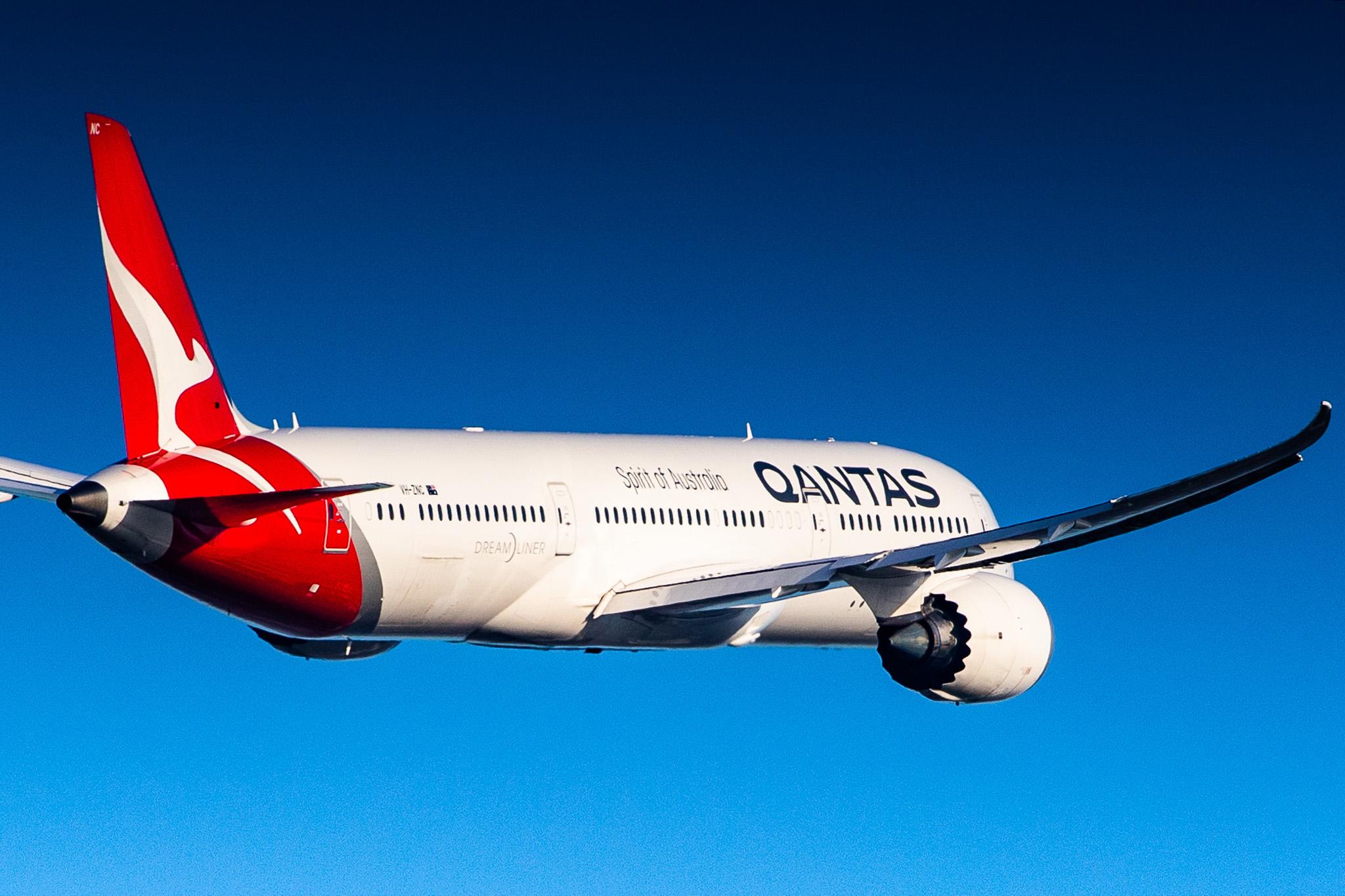As tensions rise in the Middle East, is it safe to visit Dubai?
Simon Calder answers your questions on safety concerns, missing a flight due to long queues and flying nonstop to Australia


Q I am meant to be going to Dubai in five weeks. Should I be concerned about my visit, given the escalating tensions in the Middle East?
David S
A The killing in Baghdad by the US of the Iranian military leader Qassem Soleimani has raised tensions across the Middle East. Iran has vowed to take revenge.
The Foreign Office raised the level of its travel advice for Iraq and Iran – countries to which few British tourists venture. At its closest point, Dubai is about 100 miles from Iran’s coast, across the Gulf.
But the official advice for Dubai and the rest of the United Arab Emirates (UAE) remains unchanged from last year. It warns: “Events in the Middle East, including Iraq and the Middle East peace process, can affect local public opinion. Follow news reports and be alert to local and regional developments, which might trigger public disturbances.
The FCO advice also says: “Claims have been made in public media suggesting that there may also be attempts to target missiles and unmanned aerial systems (drones) at the UAE.
“In the event of any incidents, you should monitor local media reports and follow the advice of the local authorities.”
There have also been longstanding concerns about terrorism in the UAE. The Foreign Office says an attack is likely, and warns that possible targets include “oil, transport and aviation interests as well as crowded places, including restaurants, hotels, beaches, shopping centres and mosques”.
Meanwhile, a statement from the American embassy in the UAE says: “US citizens are strongly encouraged to maintain a high level of vigilance and practice good situational awareness.”
Around 1.5 million British travellers visiting the UAE each year, mainly to Dubai, and it is the leading Gulf aviation hub.
I can understand that travellers booked to or through Dubai in the next few weeks and months may feel apprehensive. But unless and until the Foreign Office warns against travel to the UAE, there will be no right for passengers to change their plans without penalty.
If it is of any comfort, I rate the risks of travelling to the UAE, or other Gulf countries such as Oman and Bahrain, to be acceptably low.

Q A friend of mine has just been caught in a two-hour outbound queue for passport control at Kuala Lumpur and missed her flight via the Gulf to London. She thought the airline would hold the plane because so many passengers were caught up. Not only did she miss it, but she has been told she wouldn’t be rebooked on a different flight and will need to buy a new flight home. And the fares are through the roof. Surely she is entitled to a flight and probably compensation as well? After all, it’s not her fault.
Name supplied
A Every day, somewhere in the world, passengers miss flights because of long queues at airports. If it is because of a ridiculously long wait for the airline check-in desk (say, two hours or more) then my view is that the airline has responsibility. The carrier should provide an alternative flight, hotel accommodation if needed and, for European airlines or at EU airports, arguably cash compensation as well – since the passenger can argue that the airline effectively denied them boarding.
But in all other circumstances, I am afraid that the airline has no obligation to the passenger. That includes occasions when there are long queues for security and outbound passport checks. These may be the responsibility of the airport or the government, depending on how exactly the staffing/funding is organised, but not the airline. The same applies when there is an implausibly long walk to the gate – as I have encountered at locations such as Lisbon Terminal 1, Denver and Amsterdam Schiphol.
You can argue that if the airline is prepared to let you check in as late as 90 minutes before departure, and then queues mean it is physically impossible for you to reach the gate in time, then it should either hold the plane or provide a seat on another flight. But all airlines insist it is down to the passenger. While sometimes a captain may accept a short delay to get everyone on (and avoid having to offload their baggage), for a hub-based operation of the sort that the Gulf airlines have any significant wait could jeopardise lots of onward connections.
If a traveller recognises that there is a problem, they should alert an airport or official and explain the situation – passengers can always be fast-tracked. Or take the problem into your own hands and explain to fellow travellers that you are in danger of missing your flight. In my experience they might tut and sigh, but they will let you through.

Q I am flying on the Qantas direct flight, Heathrow to Perth, next week and wondered if you had any advice or recommendations?
Julie U
A Qantas QF10, the only nonstop flight from anywhere in Europe to Australia, departs Heathrow at around noon each day, and is due to arrive in Perth at 12.30pm local time the following day – after a flight that generally takes 16 hours. The two airports are 9,009 miles apart, making it by some distance the longest flight from the UK.
I took the inaugural flight in March 2018, so I can speak with some experience. Wake up on the day of the flight two or three hours earlier than you normally would. This will begin your adjustment to Western Australia time (eight hours ahead of GMT). It also means that when you step aboard, your body may be a bit more persuadable when your mind switches to the time in Perth. This is easier than you might think, because although it is the middle of the day when you leave, the night quickly catches up as you fly east – at this time of year, sunset will be a couple of hours after take-off.
Don’t eat before the flight. Instead, take some food on board, and dine as soon as you comfortably can. (On my flight, the Qantas-provided dinner did not arrive until three hours into the flight, by which stage it was close to midnight, Perth time). Then watch movies, read or look at the moving map and think about what you’re missing on the ground. Once every hour that you are awake, get up and walk around, calling in at the galley for some drinking water. This last point will be easier if you have an aisle seat. Even if you prefer window seats, you are not going to see much because most of the flight takes place in the dark. By the time the Boeing 787 has flown over Belgium, Germany and the Czech Republic, it will be dark until sunrise over the Indian Ocean the following morning.
If sleep does not come easily, don’t try to force yourself. Nibble on the overnight snacks (carrots and hummus, or a margarita calzone) and look forward to an early-morning green concoction which is said to be full of vitamins.
By the time touchdown arrives, you may either be screaming to get off or, as I was, pleasantly surprised at not feeling too rough. The most useful advice of all is to battle through the afternoon and evening in Perth without taking a nap – so you can sleep soundly at night and, with luck, swiftly reset your body clock.
Email your question to s@hols.tv or tweet @simoncalder
Join our commenting forum
Join thought-provoking conversations, follow other Independent readers and see their replies
Comments